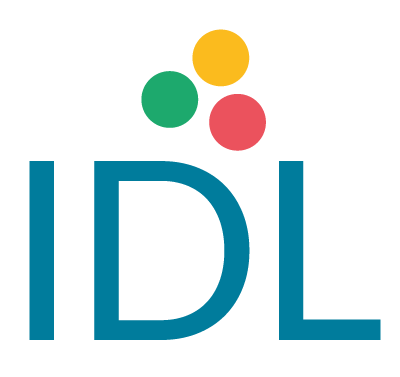While one of the most well-known signs of dyslexia is difficulty spelling words correctly that is not always the case and often dyslexia can cause other problems. During this Dyslexia Awareness Month here are the top 10 signs of dyslexia in children:
1. Confusing similar letters like p and q or b and d. This will naturally happen as children develop their handwriting skills but repetitive mistakes can be a key indicator of visual processing problems.
2. Difficulty remembering sequences like days of the week or the alphabet. Dyslexia can make it harder for children to recall patterns.
3. Anxiety from reading or writing. Many children with dyslexia lack confidence with both and might panic when asked to read – especially aloud.
4. Preference to dictate written work. Apart from taking longer to write things by hand many children with dyslexia are verbally confident but struggle when they’re asked to write things down.
5. Misspelling the same word in different ways. Over the course of a single task a child with dyslexia might spell “help” as “hlep” “hepl” and “hpel” without noticing.
6. Confusing similarly-spelt or sounding words eg: bred and bread. Dyslexic children can be confused by words that sound and look the same and can easily replace one with another in confusion.
7. Difficulty recognising commonly used words. Other than dyslexia this is usually caused by the anxiety of thinking they know the word but are worried they will get it wrong.
8. Swapping words or phrases from lines above or below the one they are reading. Children with dyslexia often comment that they see words “dancing” around the page which will also make it harder for them to follow a story or instructions.
9. Sloppy handwriting or poor motor skills. While this is natural in children as they develop children who show no sign of improvement could be struggling with visual processing difficulties.
10. Trouble understanding or remembering instructions. Issues with memory such as forgetting the date even after being told or even simple verbal instructions.
Like any learning disability dyslexia can present challenges to school pupils throughout their education and people with dyslexia might feel like they are different to other people. The dyslexic brain works differently but dyslexia can be as much a strength as it is a learning difficulty however it is still key to notice the signs of dyslexia as early as possible so children do not feel isolated. When left undetected it can be confusing and lonely for dyslexic children.
On the flip side once a child has been diagnosed with dyslexia it can actually become an almost “superpower” as many people with dyslexia have other skill sets that outperform those without dyslexia such as creativity problem-solving and many more. These traits are often not developed or discovered because the child loses confidence in their own abilities due to undiagnosed dyslexia.
We actually wrote another article on these “superpowers” in a separate article called 6 Dyslexic Superpowers which also talks about different celebrities that have dyslexia.
If you do suspect dyslexia in a child ensure you get them assessed by a professional so that the child can be diagnosed and supported early on.
For more information on IDL and how literacy software can help children living with dyslexia please click here.







